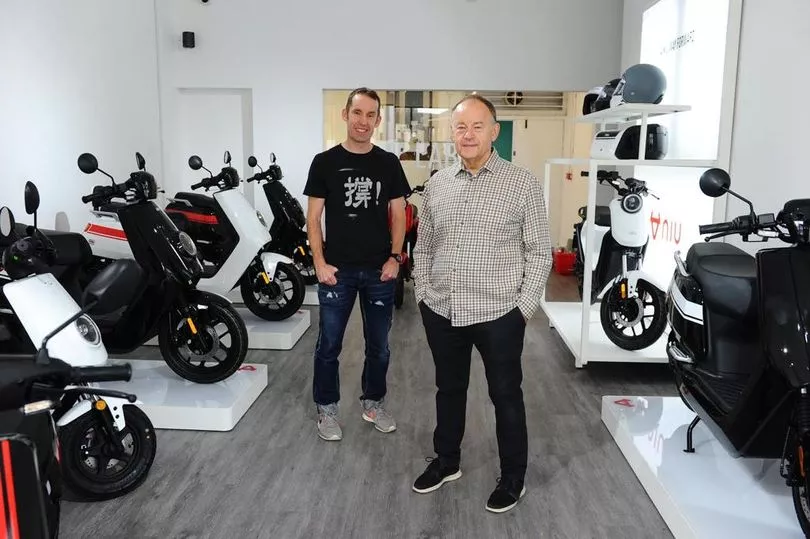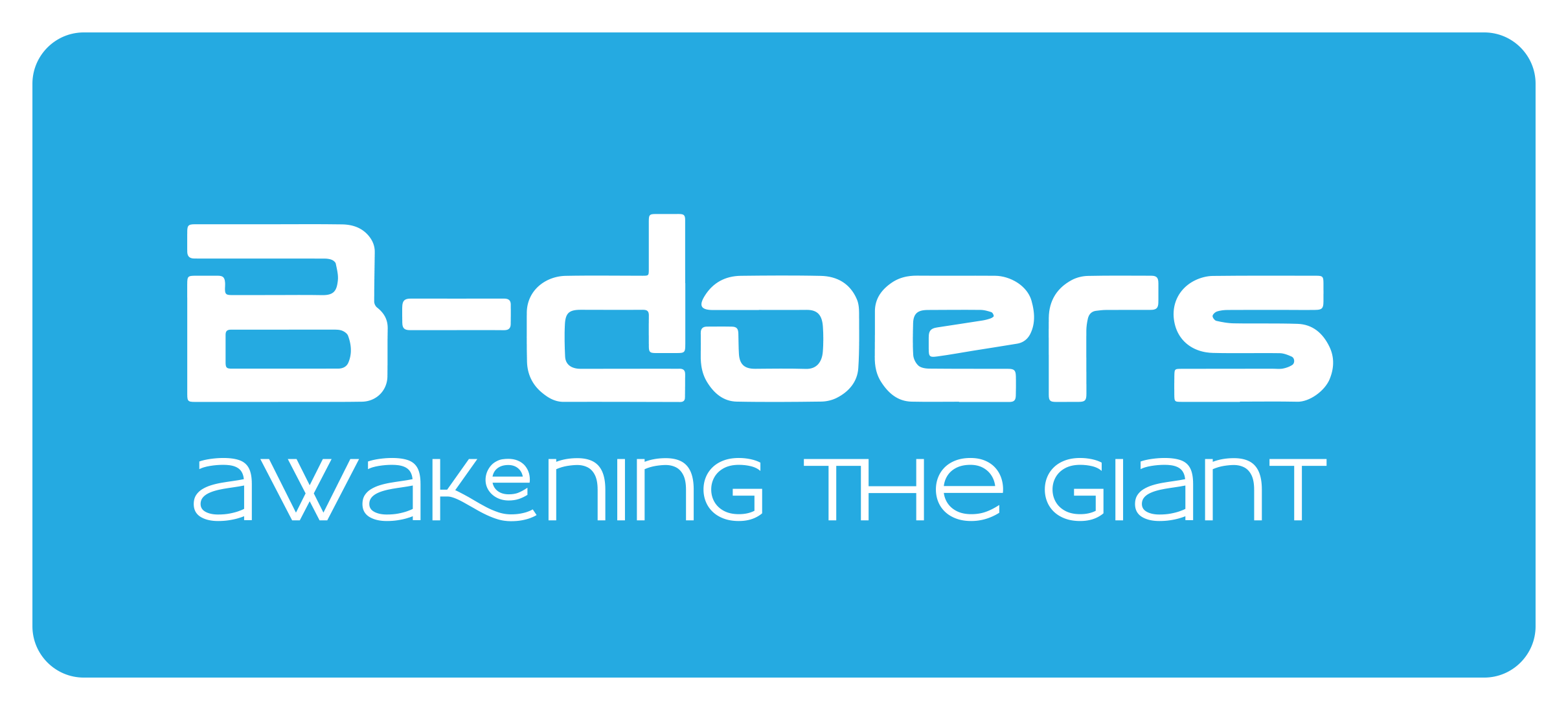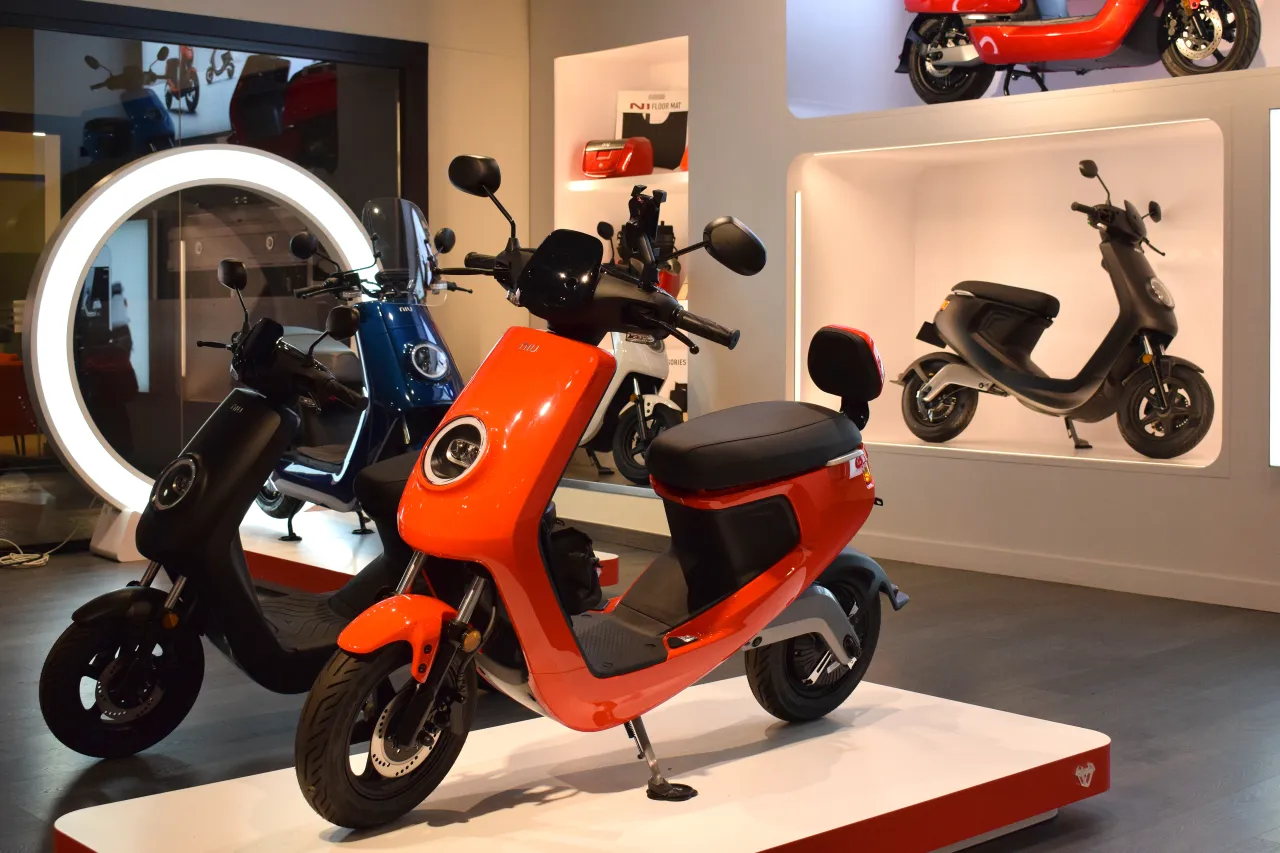Sell Scooters in Africa
Introduction:
This business plan outlines a strategy to sell scooters in Africa, with a focus on providing affordable and eco-friendly transportation solutions for urban and rural areas. The plan outlines a series of steps for launching and scaling the business, including market research, product development, marketing, and sales. The company aims to differentiate itself by offering innovative features such as electric scooters, financing options, and mobile repair services.

Market Analysis:
Africa is one of the fastest-growing regions in the world, with a rapidly growing middle class and increasing urbanization. However, transportation infrastructure remains inadequate in many areas, leading to high levels of traffic congestion, air pollution, and road accidents. Scooters offer a convenient and affordable alternative to cars and public transport, especially for short and medium-distance trips.
Product Development:
The company will focus on offering a range of high-quality scooters that are affordable, durable, and eco-friendly. The product line will include both petrol and electric models, with different engine sizes and features such as storage space, anti-theft systems, and mobile charging points. The company will work with suppliers and manufacturers to ensure that the scooters meet local regulations and standards, and offer warranties and after-sales services.
Marketing and Sales:
The company will use a combination of online and offline marketing channels to reach potential customers, including social media, online ads, outdoor advertising, and partnerships with local businesses and organizations. The company will also establish a network of dealers and distributors across the region to increase the reach of the product. The company will offer financing options to customers, such as installment payments and leasing, to make the scooters accessible to a wider range of customers.
Mobile Repair Services:
One of the innovative features of the business will be to offer mobile repair services, where trained technicians will travel to customers’ locations to fix any issues with their scooters. This will reduce downtime and inconvenience for customers, especially those who live in remote or underserved areas.
Financial Projections:
The initial investment required to launch the business is estimated to be $500,000, including product development, marketing, and overhead costs. The company aims to break even within 2 years and reach a turnover of $5 million by the end of the fifth year. The company will generate revenue from the sale of scooters, as well as after-sales services such as repairs and spare parts.
Conclusion:
The business plan outlines a clear strategy for selling scooters in Africa, with a focus on affordability, quality, and innovation. The company aims to tap into a growing market demand for eco-friendly and convenient transportation solutions and differentiate itself by offering mobile repair services, financing options, and a wide range of products. The plan is backed by realistic financial projections and a solid understanding of the market dynamics in the region.







